Rage, ruin, rebirth
Golden Globe winner Beef is more than a brutal allegory about self-righteous fury. It shows us how the constant urge to retaliate is the desperate and undeniable cry of a need unmet.
Light spoilers: proceed with caution
Someone cuts you up on the motorway. They jump in front of you at the bar. Or they commit the cardinal sin and don’t say thank you as you open the door for them 🤬 The red mist descends and, in that moment, vengeance is about more than one grievance.
It’s a trigger. The last straw. The detonator.
It’s you against the world and you’re not going to take it anymore. Sound familiar?
It’s this telling eruption of suppressed anger that makes Golden Globes-sweeping Beef so gripping. And it couldn’t have come at a better time, in the wake of a mass rupture that confronted us with ourselves like never before. (Lee Sung Jin’s series was filmed in 2021 as well, so it was forged in the furnace, masks on.)
In our prolonged isolation and deepening emotional turmoil, people adopted several coping strategies, from binge-watching to baking and blazing. When freedom came, there was so much frustration to let off and we have seen the repercussions, like all that misbehaving at gigs and shows last year.
Consider how many of us are still hanging in there, barely tolerating our situation and those around us. The insidious thing about routines and responsibilities is that they mask a lack of deeper purpose and meaning in life. All that anger and resentment has to go somewhere, eventually.
Successful entrepreneur Amy (Ali Wong) and hapless handyman Danny (Steven Yeun) are avatars for the dissatisfied and disillusioned at the top and tail of society. Both feel damaged by their past and burdened by expectations as providers.
They always have something to prove, are scared to fail, long for closer relationships with their Asian American parents and have few people they can be vulnerable with. They crave unconditional love and acceptance, without judgment. In the absence of both, Amy and Danny can’t fully reveal themselves. So these feelings are repressed and suppressed, but at what cost?
When it comes to Amy, David Chen puts it well in his Decoding TV podcast. “It’s like she’s wearing a mask that’s going to break any moment.” The fact that she is on the cusp of a lucrative acquisition of her plant business seems to bring little satisfaction – in private anyway. If anything, it’s more pressure.
This is the woman who feels compelled to tell the world you can have it all, before going home to her therapy-speak husband George (Joseph Lee) she feels distanced from and a daughter (Remy Holt) she feels guilty about not spending enough time with.
That’s before we get into her apparent shame around sexual pleasure, to what extent that relates to witnessing her father’s infidelity when she was younger, the gun, the witch-like apparition who haunts her… It’s a lot.
Meanwhile, Danny can’t seem to get anything right, whether that’s making sound business decisions or putting up a sign straight. An ill-judged venture with dodgy cousin Isaac (David Choe) resulted in his parents losing their motel venture and having to return to South Korea.
He tries to be a good role model for his naïve and rudderless younger brother Paul (Young Mazino) but earns little respect. When we first meet him, Danny is attempting to return the grills he used to try to kill himself. He’s had enough.
A road rage incident in a parking lot puts Danny and Amy on a collision course and they try to inflict maximum pain on one another. Projecting all their fury outwards in one direction is cathartic at first, almost euphoric, as you can see in episode one when Danny runs away from Amy after spraying gallons of neon piss all over her expensive oak bathroom floor. In reality, it’s a race to rock bottom with serious consequences for the people they care about.
Projecting all their fury outwards in one direction is cathartic at first, almost euphoric, as you can see in episode one when Danny runs away from Amy after spraying gallons of neon piss all over her expensive oak bathroom floor.
In reality, it’s a race to rock bottom with serious consequences for the people they care about.
As this Slate article explains, venting feels good because we think we release anger or frustration, but we don’t. We reinforce those negative emotions, which makes us feel less in control and more under threat from day to day (what Stanford forgiveness researcher Fred Luskin calls the “grievance narrative”). Or as one person puts it, you’re throwing gasoline on the fire. In turn, “we’re less likely to abide by social norms around holding back in the future”.
Amy and Danny make worse decisions by the episode, feeling most alive and in control when they submit to every dark impulse. This beef is their addiction.
Their way to handle reality is to invent another one, built with lies. Another curious similarity is how they gorge on Burger King long chicken sandwiches at their lowest points. Danny does so regularly. Is it comfort food or punishment?
At one point, Danny’s nemesis in the show was going to be a wealthy white guy, which would have made the story far less rich and nuanced, more like a class war. Danny does resent the fact that Amy has money, and she’s not as sympathetic to the plight of a small business owner as you might think. But the fact that they are both the children of immigrants, makes their conflict more twisted. They have more in common than they realise.
And it takes them being thrown together in the most extreme circumstances, bare and broken at their worst – forced to share each other’s consciousness, in a way – for Amy and Danny to realise that. “There’s nothing more intimate than fighting,” says Yeun. “When you get into a really bad beef like that, you’re closer by association through that type of vulnerability.”
Ultimately, a large part of them needs to die. It’s called ego. Along the way, they may lose someone/something they love. Hence the reference to Simone Weil in the name of episode nine and how “attachment is the great fabricator of illusions”.
In the finale, there is the call to reject figures of light in favour of making darkness conscious, as Jung wrote. It seems like rage isn’t only a path to self-destruction. Forged in these smouldering ashes is the possibility of rebirth.
The conception of each episode is so intricate – from the script and delivery to episode titles, artwork and song choices – it feels wrong to extract particular moments. But I do have favourites.
When Danny falls into the arms of the Korean church in episode three and breaks down mid-praise song, you really sense just how much pain his character is feeling. He craves salvation more than fulfilment.
Later, we see him transformed, delivering this line from Incubus’ ‘Drive’ in defiance of fear: “But lately, I'm beginning to find that I should be the one behind the wheel.” (That’s the kind of secular song Yeun and Lee Sung Jin used to sing at their churches, by the way.)
He then takes it up a notch in episode seven as their new leader after toppling golden boy Edwin (Justin H Min), as he sings ‘Amazing Grace’ to a rapturous congregation. Yes, Steven Yeun can sing, for real. He used to lead praise at high school.
Amy has her clearest epiphanies in therapy with Dr Lin (Kayla Blake), particularly in episode seven (I Am A Cage). In this safe space, she can share what’s really on her mind even if it’s not always direct.
"Do you really think it's possible to love someone unconditionally?" she asks. "You know, there must be some point where we all fall outside the reach of love, right? Like, the mistake is so big, and then the love has to stop." The way Ali Wong says this is so moving: a mixture of dread and acceptance.
Her other admission of neurosis comes in a Vegas hotel room in a conversation about Danny with Paul where she explains her commitment to illusion by saying, “It is selfish for broken people to spread their … brokenness.”
There is another intriguing point in I Am A Cage where Danny gets invited to George’s art celebration at home, much to Amy’s surprise and annoyance. He blindsides her by asking “if she’s happy n’ shit”. He wants to know if he needs to get to her level. The response is tragic.
“Everything fades. Nothing lasts. We’re just a snake eating its own tail.”
It’s worth mentioning that other characters are dealing with their own dissatisfaction in private, including George who feels like a failed artist and has an emotional entanglement with one of Amy’s employees. His wife calls sex with him “vanilla”, which prompts one of the most pathetic yet funny lines of the series in couple’s therapy.
“Honestly, I can’t even enjoy anything vanilla since her comment.”
On the surface, Amy’s mother-in-law Fumi (Patti Yasutake) might appear happy to play with her granddaughter, mix in high circles and live off her deceased husband’s wealth but she too is lonely and hasn’t come to terms with her own reality of mounting debt.
What a raw, brutal, relatable show. Its success proves that the world feels seen and wants to go beneath the surface. Beef will play on your mind for months to come, whether you’re a manic motorist or an unhinged pavement stomper like me.
I sense Danny and Amy aren’t done with each other. Let’s hope Lee Sung Jin returns to these characters for series two or puts a whole new cast through the wringer for our entertainment.
And … breathe.
Brothers on the rise
If there’s one message 😉 to take away from the documentary Getting It Back – let’s call it an enduring feeling – then try gratitude. For the power of music to bring people together in a moment, for a generation, across different generations.
It may not happen when or how we expect it to, but greatness is inevitable. And how we get there is the engine of a good story. Cymande’s tale is an uplifting one but it doesn’t shy away from the realities of their time or any time in life.
Worldwide recognition eluded the nyah-rock brotherhood in the 70s, particularly in a post-Windrush Britain blighted by racial division and police harassment. Yet their spiritually fortified rhythms and positive messages created undeniable ripples through popular music, as we later find out in this documentary, which opens in cinemas across the UK and Ireland on 16 February. The premiere is at BFI Southbank.
I caught a preview a while back, which you can read about here.
Cymande is still going strong. On Spotify last year, they attracted 3.5m listeners across 184 countries. From the end of February, they will tour Australia and Europe. Treat yourself and give thanks in person.
The Aftershow
How a script doctor found his own voice
Scott Frank has written scripts for Elmore Leonard adaptation Out of Sight, which I adore, and Marvel outlier Logan. He's also rewritten more than 60 others including Saving Private Ryan and Minority Report. This interview includes a wealth of wisdom on screenwriting, as you would expect, but it's also a story about finding your own voice.
Something Frank struggled with before finding success with shows such as The Queen’s Gambit. “My identity for so long was defined by a lack of self-confidence in my own ideas,” he says. "Pleasing others seemed like a perfectly reasonable thing to organise my art around. Until it wasn’t.”
The rise of foul-mouthed female slam poets in Africa
I love it when words are wielded in defiance, to speak truth to power or clap back against injustice. If they are delivered with a little attitude and flair, even better. Here is a very good Economist report about the raw poetry of slameuses who are sounding off on stage against abuse, conservatism and the patriarchy in Chad.
If you want to be a creator, delete all (but two) social media platforms
Zulie Rane's piece about the time drain of social media has resonated with so many. How the pressure to build a profile and chase engagement on multiple platforms steals focus and kills motivation. She says you should pick two that complement your skills and develop them.
Death, Sex & Money: Meshell Ndegeocello
I say with great pride that singer, songwriter, composer and deadly bass player Meshell Ndegeocello is the artist I have seen most in my life. The last occasion was Summer 2022 by London’s Southbank. My fifth time … but it always feels like the first time. She moved me like this.
“When I think about the height of intimacy between a musician and their audience, I think of Meshell. And it’s the kind that requires no elaboration or justification. Shows are communion and performance is conversation. And I listen more intently to her than most.”
I have played this conversation with Anna Sale three times because it’s so revealing, even for a stan like me. She talks about her tumultuous childhood, motherhood at 20, single parenthood, navigating the music industry as a black woman, the impact of 9/11, letting go of her parents and just trying to be a human being.
Creativity is her solace, a gift from the Creator and the only thing she does not question. Authenticity is unsustainable in her opinion, like a character you try to put on. Instead, she strives to stay in the moment.
“I’m sure it comes across as swagger,” she explains, “but I’m more like a mountain climber. I just have the will to survive. I often tell people I am a mediocre musician but I am an ideas person and I listen and I think that’s what’s gotten me so far. I just have the will, the curiosity and a compulsion to make music.”
Her latest album for Blue Note, The Omnichord Real Book, is an aching, thrilling, uplifting, transcendent opus. Spend time with it.
Multigenerational living often makes sense. That doesn’t make it easy
I anticipated multigenerational households are rare in the UK. But their prevalence abroad is a real eye-opener in Kevin Chong’s article for The Walrus. For instance, he quotes a UN statistic that 90 per cent of seniors live with family in Afghanistan and Pakistan. In Canada, multigenerational households have increased by more than 50 per cent since 2001 according to the 2021 census.
Will drivers such as the rising cost of living, a lack of affordable homes plus greater life expectancy kickstart a similar trend over here?
My father is becoming increasingly immobile and I do worry about his ability to care for himself. He would never impose on me, but I feel the burden of responsibility, which I would sooner meet than feel tormented by guilt for the rest of my life.
We all need to have this conversation now about what is in the best interests of our elders, how best to look after them and who will do it. Particularly in the current vacuum of social care. This podcast is incisive and thought-provoking on the topic.
Charlie Hunter breaks down his most iconic guitar parts
When I bought D’Angelo’s Voodoo in 2000, it took a long time to acclimate to its peculiar sense of time and that shrouded feel to the vocals. But ‘Spanish Joint’ was the picante track that instantly stood out. Hips did not lie.
It felt like exciting new territory for an artist who came from the church – still sings from it, really – and debuted with the ultra-smooth Brown Sugar.
Put simply, this syncopated, polyrhythmic shuffler would not exist without the intricate playing of Charlie Hunter who set the pulse on guitar and laid down the bassline. At the same time. In one take.
And I can’t believe how many people don’t know this about a classic record that’s been written about for years. Watch the full interview with Vertex Effects to hear stories from that session and others across his career.

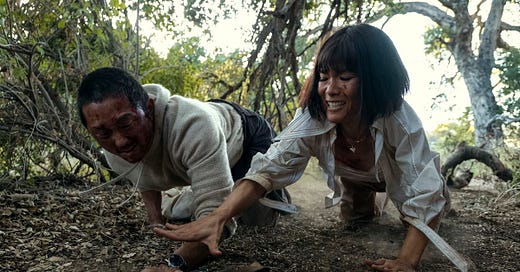


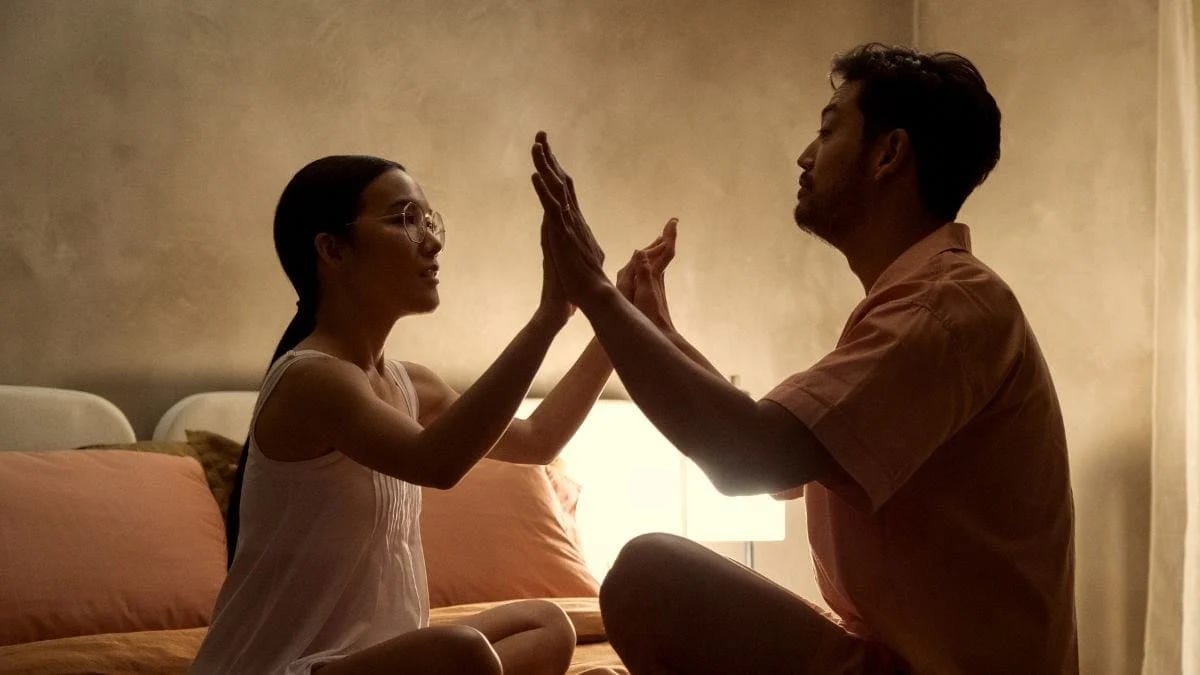
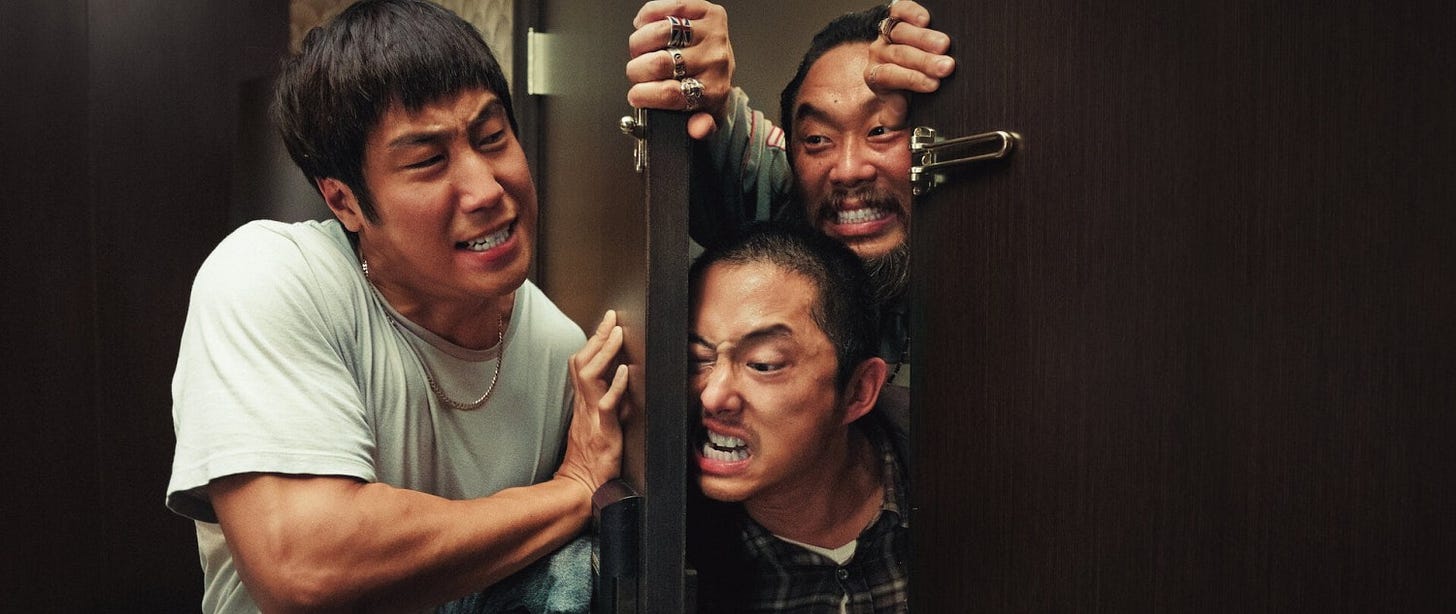
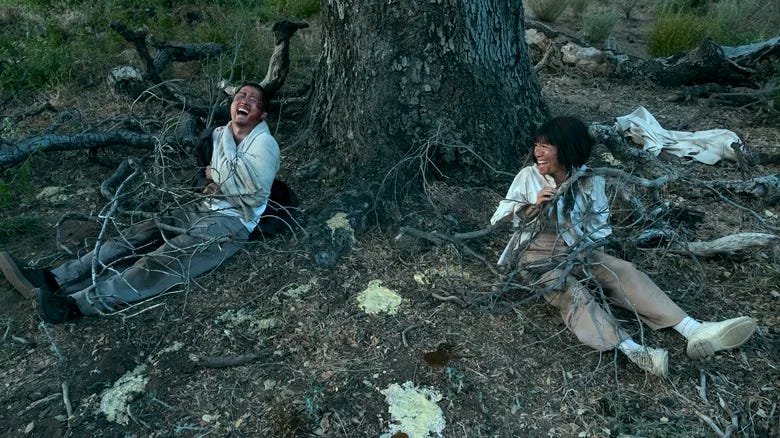
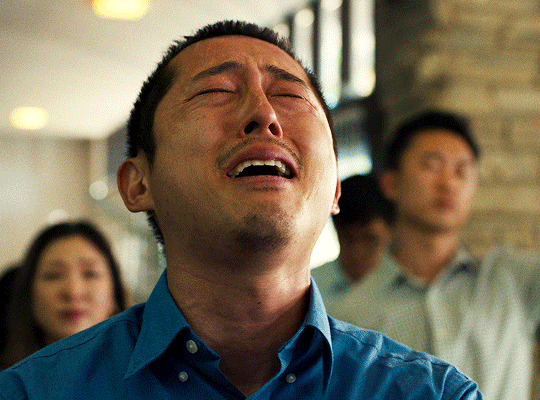
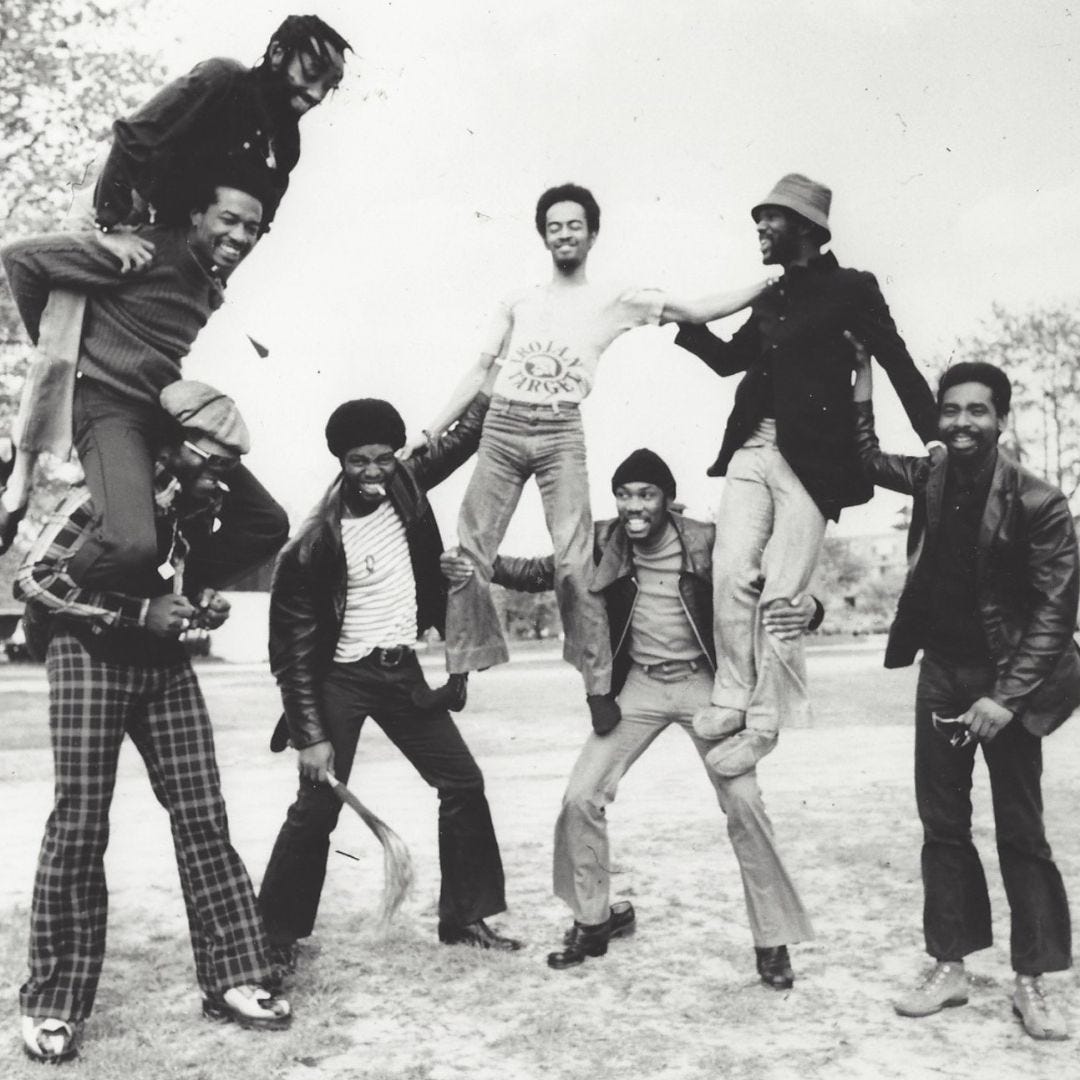
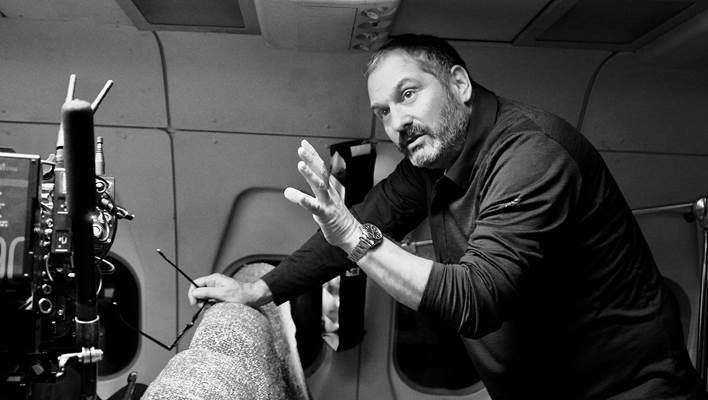
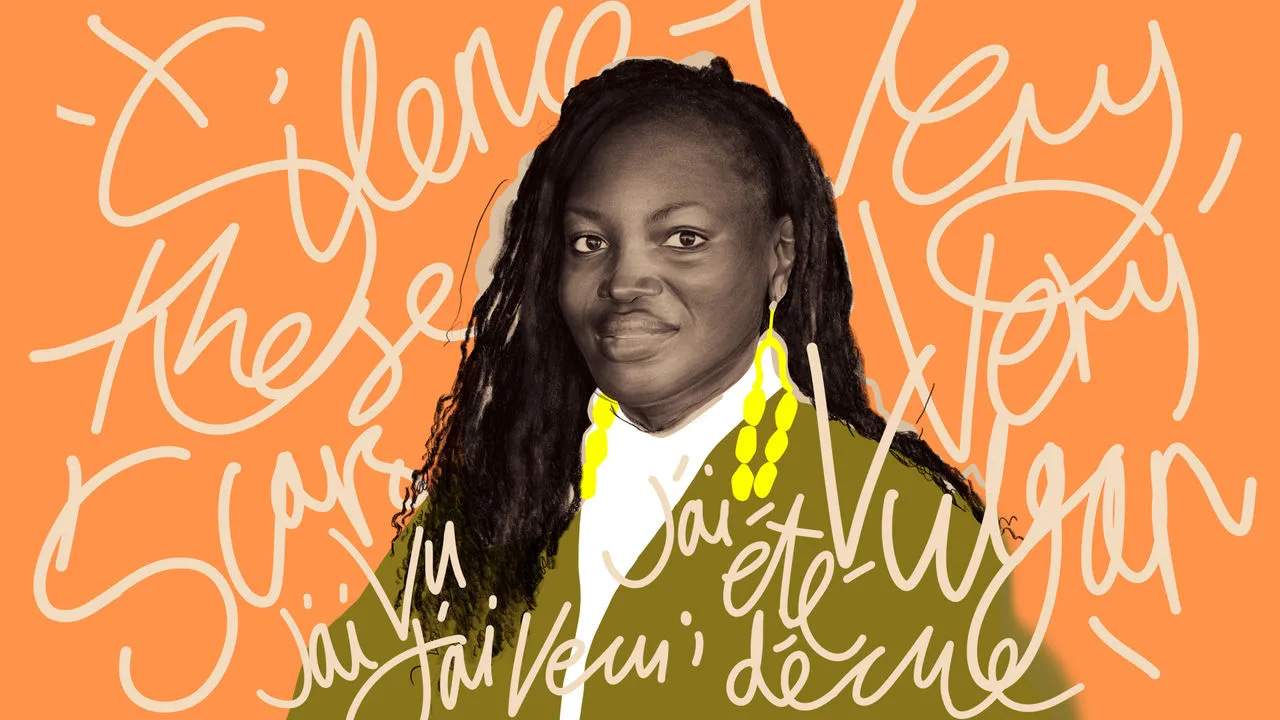

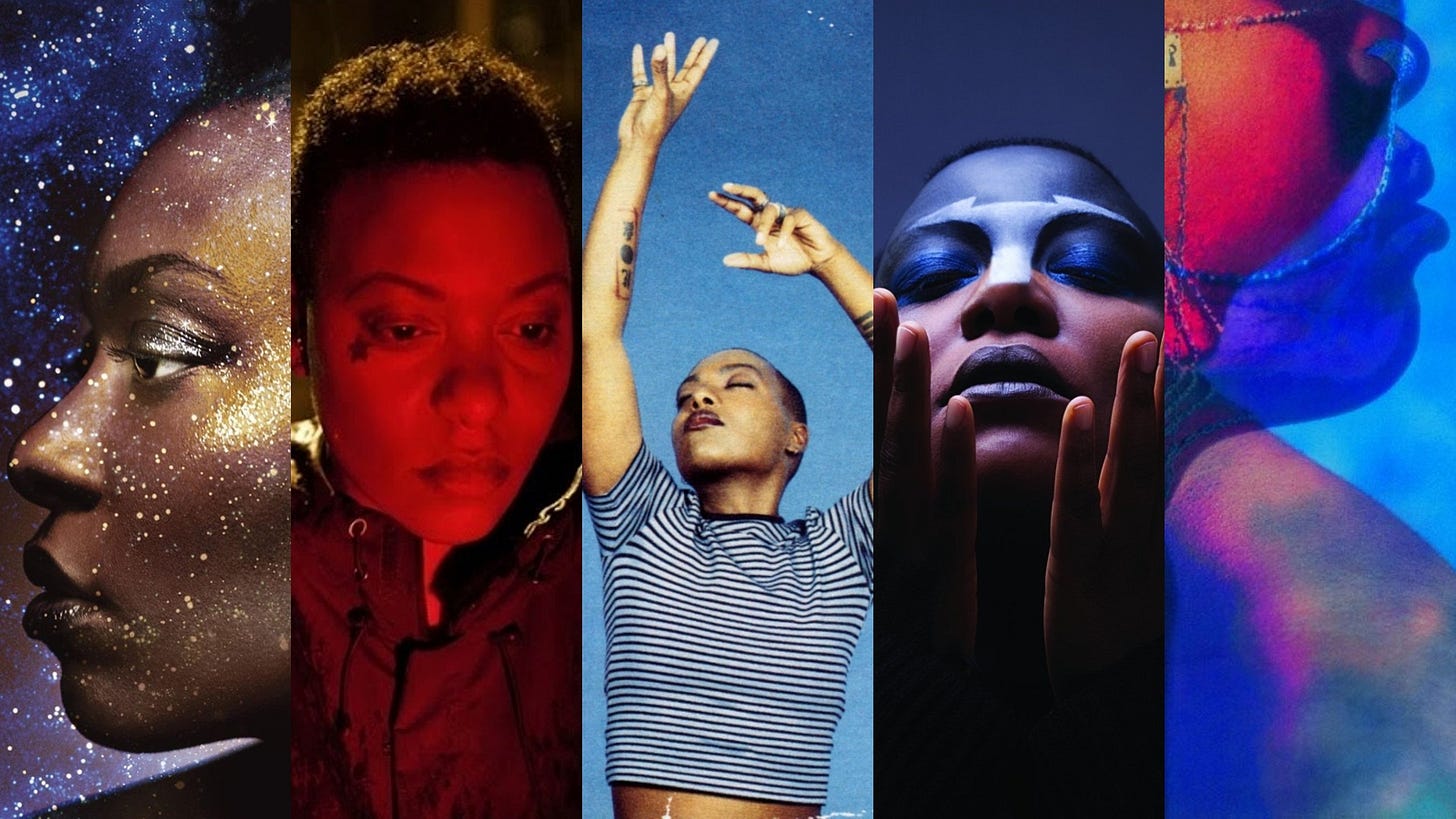
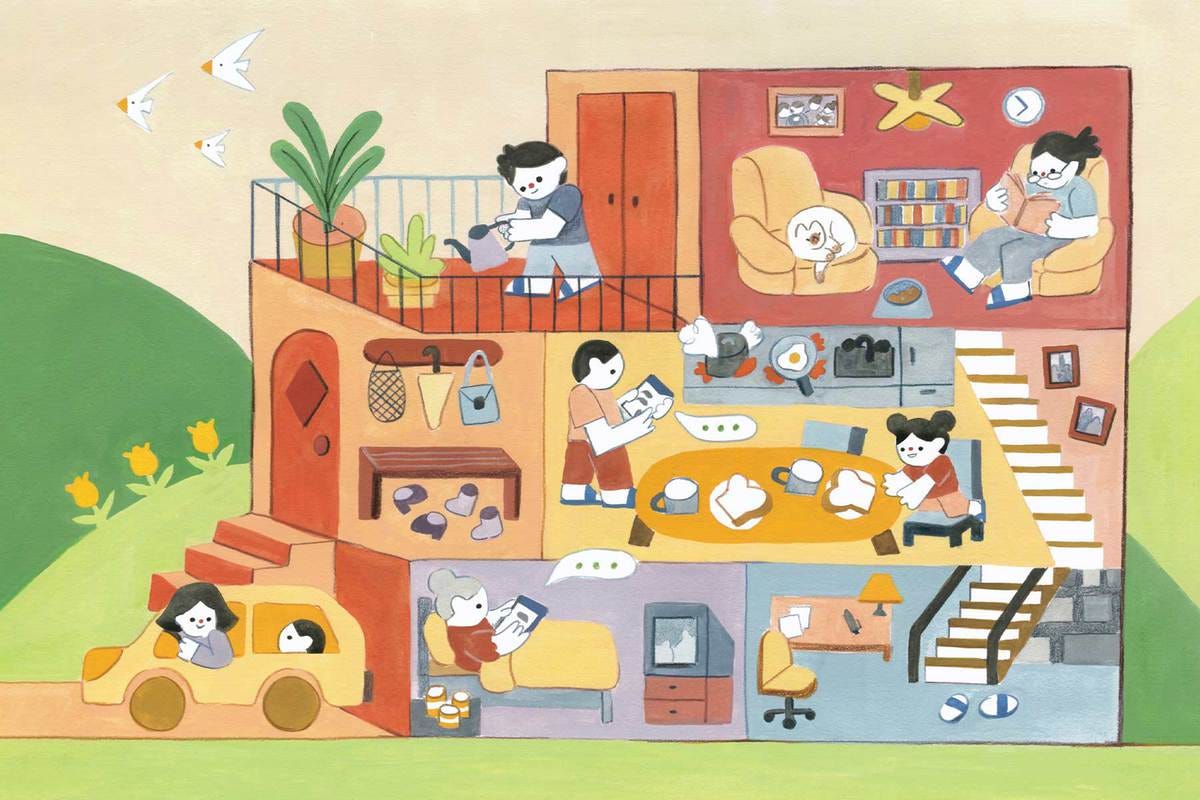
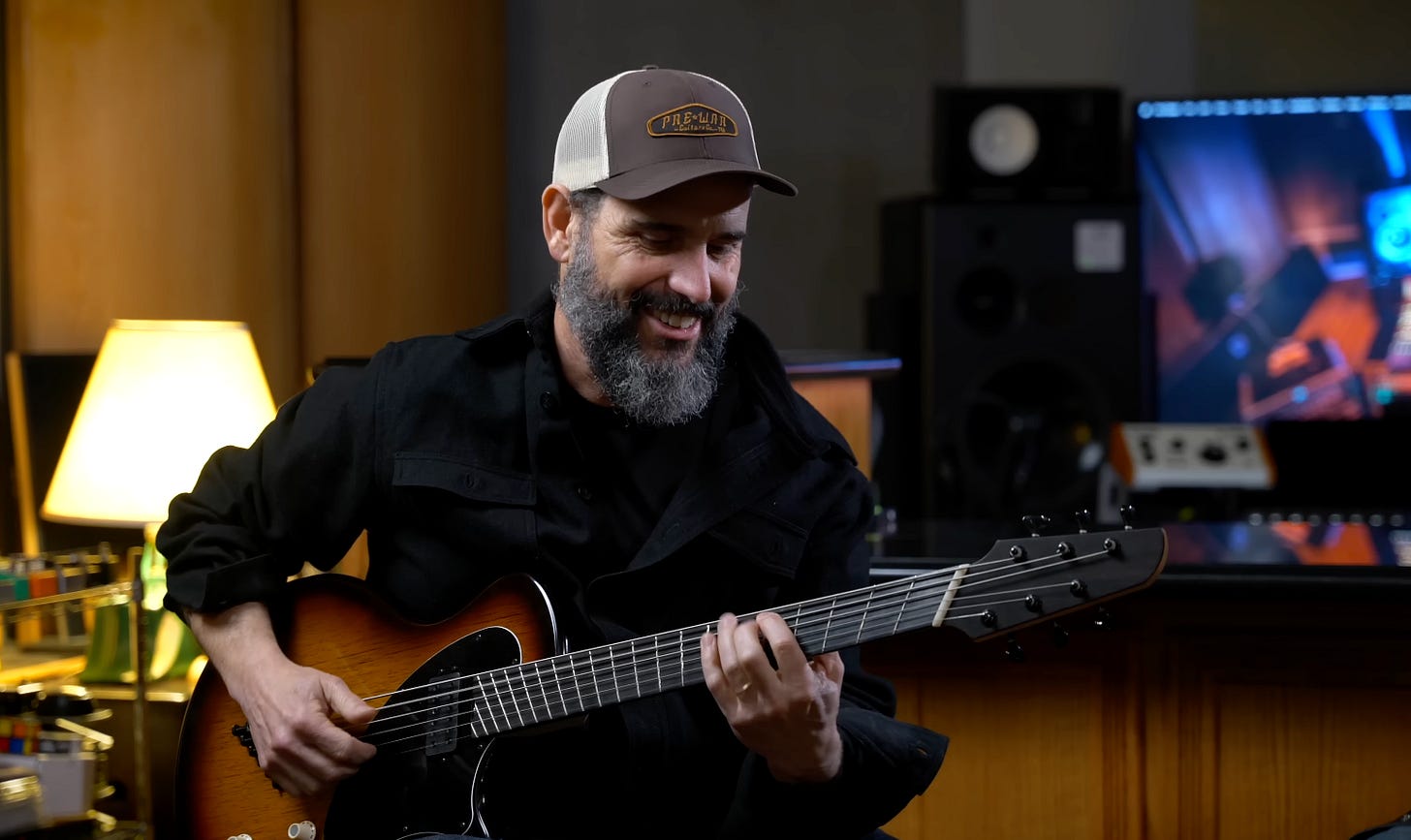
1. Beef! Such an interesting show. Very glad Danny wasn’t facing off against a rich quite dude. You’re right. That would have been a way different show.
And 2. Thank you for letting me in on the Cymande doc! They are fantastic.
Great post, Amar!
Might go and rewatch Beef after reading this. Loved this view point, Amar!